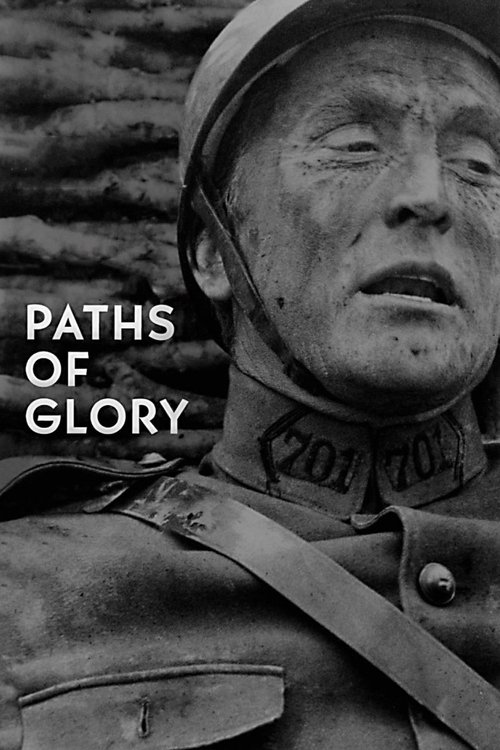
Title: Paths of Glory
Year: 1957
Director: Stanley Kubrick
Writer: Calder Willingham
Cast: Kirk Douglas (Col. Dax), Ralph Meeker (Cpl. Philippe Paris), Adolphe Menjou (Gen. George Broulard), George Macready (Gen. Paul Mireau), Wayne Morris (Lt. Roget/Singing man),
Runtime: 88 min.
Synopsis: A commanding officer defends three scapegoats on trial for a failed offensive that occurred within the French Army in 1916.
Rating: 8.3/10